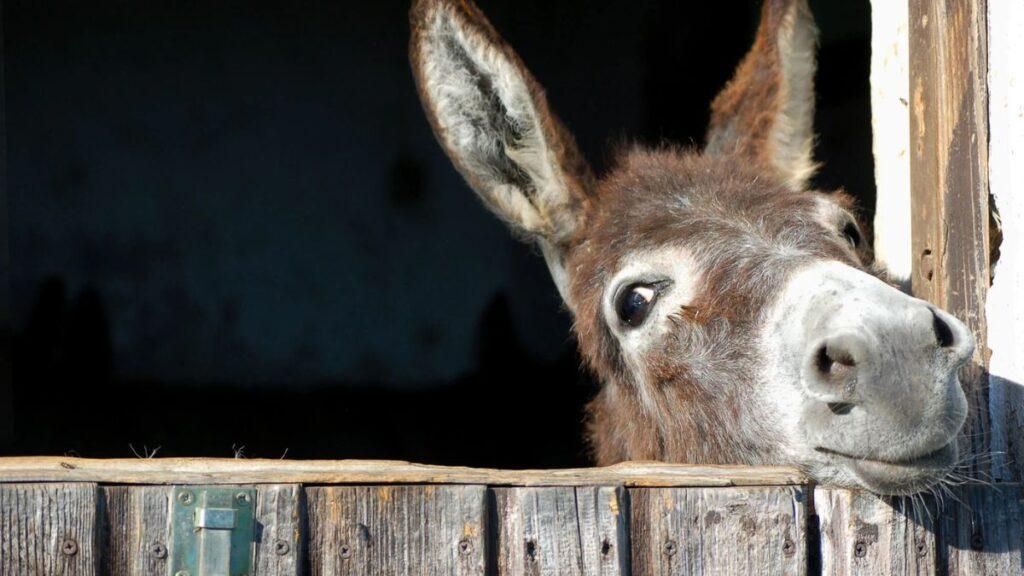China wants donkeys from Pakistan, well literally!

Pakistan has recently released its Economic Survey, but what seems to be catching everyone’s attention is the rise in the donkey population. During the fiscal year 2023-24, the donkey population increased by 1.72%, reaching 5.9 million. This growth follows a steady upward trend: 5.5 million in 2019-20, 5.6 million in 2020-21, 5.7 million in 2021-22, and 5.8 million in 2022-23, culminating in 5.9 million in 2023-24.
Why Donkey Numbers Matter
Livestock plays a crucial role in Pakistan’s economy, which is why the Economic Survey includes figures for all livestock populations, including cattle, buffalo, sheep, goats, camels, horses, donkeys, and mules. Notably, the cattle population also saw an increase of 2 million.
“The focus of the present government is on breed improvement for enhanced productivity, establishing a nucleus herd, identifying breeds well adapted to various agro-ecological zones of Pakistan, and importing high-yielding exotic dairy, beef, and mutton breeds, as well as genetic materials (semen, ova, embryos). By implementing these measures, the government aims to stimulate growth in the livestock sector, generate employment opportunities, and contribute to the country’s overall economic growth and food security,” the Economic Survey document stated.
China’s Interest in Pakistan’s Donkeys
Despite the significance of other livestock, the spotlight remains on donkeys. Pakistan boasts the world’s third-highest donkey population, following Ethiopia and China. This figure has international implications, particularly due to China’s interest in importing donkeys from Pakistan. China requires donkeys to obtain gelatin from their skin for Chinese medicine production. In 2022, China expressed interest in importing donkeys and dogs from Pakistan.
To boost donkey exports, the Pakistani government established a farm over 3,000 acres in the Okara district of Punjab province. This farm rears donkeys of “great breeds,” including American breeds. Previously, China sourced donkeys from Niger and Burkina Faso but turned to Pakistan after these West African countries banned donkey exports.









